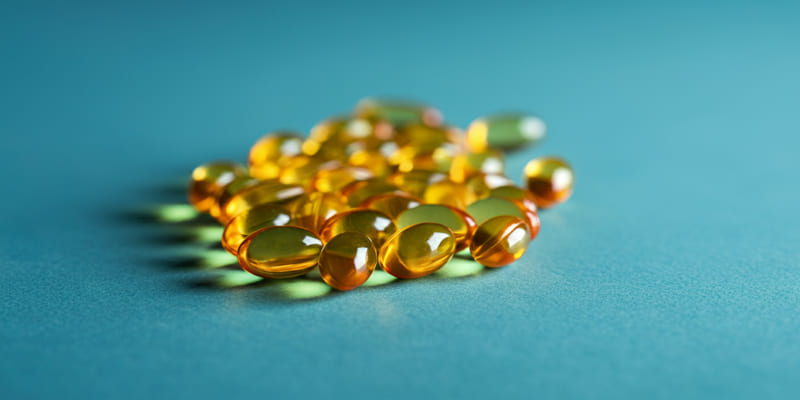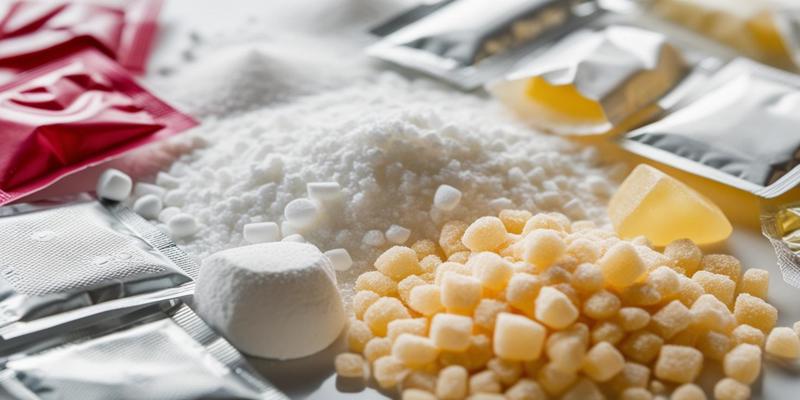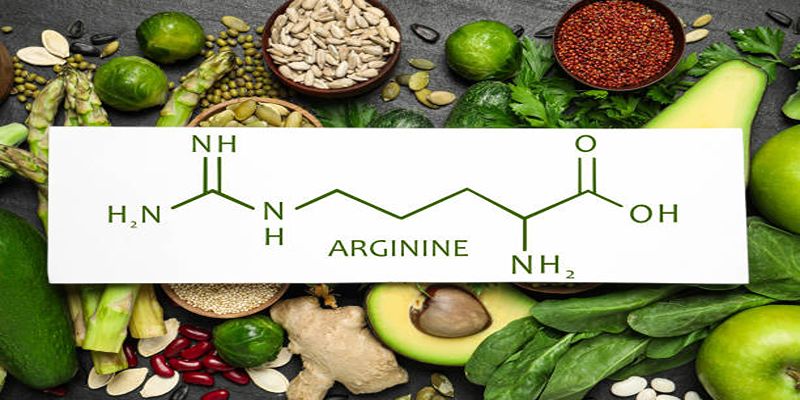Teeming between the world of antibiotics and their many side effects, anyone should wonder how they can protect digestive health. Probiotics are very promising in offering a defense to prevent antibiotic-associated diarrhea. These good bacteria will aid the gut in continuing its fragile balance, so upset by antibiotics acting against your gut microbiome. Yes, evidence does show supplementation with probiotics during intake of antibiotics may significantly reduce your diarrhea risks.
Understanding Antibiotic-Associated Diarrhea
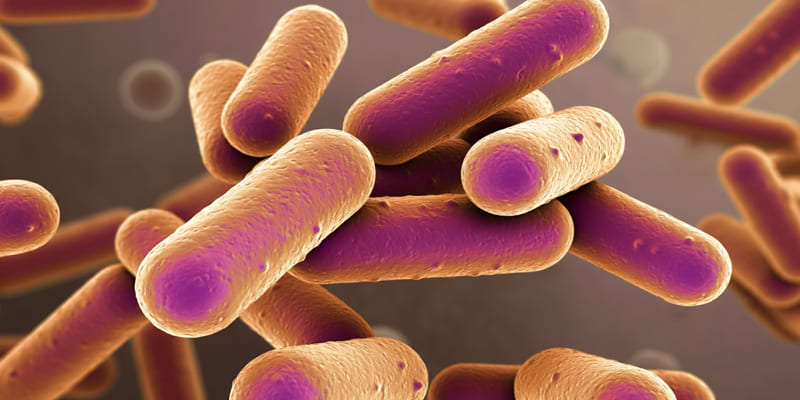
What is Antibiotic-Associated Diarrhea?
Antibiotic-associated diarrhea, or AAD, is one of the common complications seen when antibiotics disturb the balance of intestinal flora. It affects 5-25% of adults on antibiotic medication owing to the effect of drugs on gut flora that leads to loose, watery stool and an increase in the frequency of bowel movement. Most are mild and temporary; however, some may become more serious and may need medication.
How Antibiotics Cause Diarrhea
Antibiotics kill the harmful bacteria in your body. But they can also kill the good bacteria in your intestines. This can lead to an imbalance that results in the following:
- Poor absorption of water and nutrients
- Growth of harmful bacteria, such as Clostridioides difficile (C. diff)
- Gut microbiome imbalance
Mayo Clinic says that some antibiotics are more apt to cause diarrhea. These include macrolides, cephalosporins, fluoroquinolones, and penicillins.
Recognizing the Symptoms
The symptoms of antibiotic-associated diarrhea may be mild or severe. The common signs include the following: diff infection.
- Loose, watery stools
- Increased frequency of bowel movements
- Abdominal pain or cramping
- Nausea and loss of appetite
- Fever (in severe cases)
See medical attention immediately if you have severe symptoms or blood in your stool. These can be signs of a more serious C.
Prevention and Management
To lower your risk for antibiotic-associated diarrhea:
- Only take antibiotics when necessary and as prescribed
- Consider taking probiotics to help maintain a healthy gut balance
- Stay hydrated and consume a bland diet during antibiotic treatment
Harvard Health adds that you should wash your hands regularly and avoid using alcohol-based sanitizers because they do not kill the bacteria C. diff. Once the causes and symptoms are known, antibiotic-associated diarrhea becomes somewhat controllable.
The Role of Probiotics in Preventing Antibiotic-Induced Diarrhea
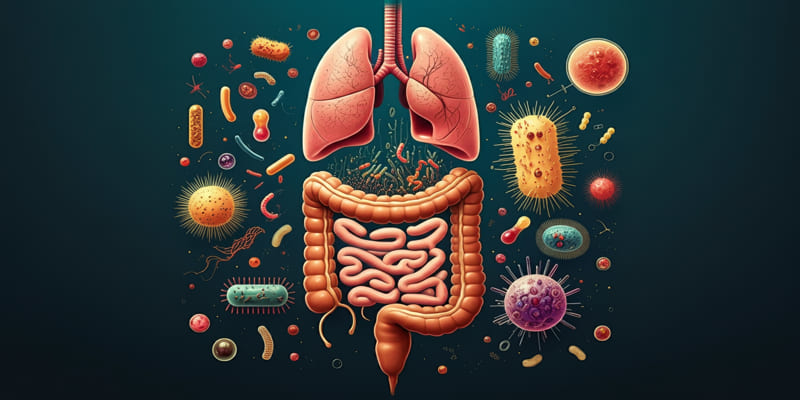
Understanding Antibiotic-Associated Diarrhea
Antibiotic-associated diarrhea is a well-recognized complication affecting up to 30% of individuals on antibiotic therapy. Antibiotics destroy the colon flora and lead to loose, watery stools. This happens because the balance of the flora in the guts is disrupted; therefore, probiotics are highly relevant in ensuring gut health during antibiotic treatment.
How Probiotics Work
Probiotics are live microorganisms that confer health benefits if administered in adequate amounts. The beneficial bacteria normalize the imbalance in the gut microbiome by:
- Boosting immunity
- Increasing gut barrier integrity
- Producing antimicrobial substances
- Modulating the gut microbiome
- Increasing water absorption
- Decreasing opportunistic pathogens
Effectiveness of Probiotics
Several studies have established the efficacy of probiotics in AAD prevention. 17 RCTs were reviewed and meta-analyzed, and the results showed a 51% decrease in the risk of AAD by probiotics compared with controls. Of these, the strains Lactobacillus rhamnosus GG and Saccharomyces boulardii have shown particular promise.
Dosage and Timing
The efficacy of probiotics depends on dosage and timing of intake. While higher doses (>5 x 10^9 CFU/day) are related to a lower risk of AAD, the timing for most recommendations is to begin probiotic supplementation alongside antibiotic treatment to maximize their protective effects.
Safety Considerations
While generally well tolerated, many probiotics carry potential risks. Rarely, such potential adverse events include systemic infection, bowel ischemia, and gastrointestinal adverse effects. Clinicians should exercise caution regarding recommendations for probiotics in immune-compromised patients.
Types of Probiotics Effective Against Antibiotic Diarrhea
Lactobacillus Strains
Certain strains of probiotics are very efficient for the prevention of AAD. LGG is the most effective one, and many studies were conducted to confirm that this strain can reduce the risk of AAD to a great extent. Other species belonging to the genus Lactobacillus, including L. casei and L. acidophilus.
Saccharomyces boulardii
Substantial evidence supports the use of this probiotic yeast for antibiotic-associated diarrhea. S. boulardii is most effective when given within two days of the commencement of antibiotics. Studies have shown that it may reduce AAD risk by as much as 59%, thus making it an extremely formidable ally in maintaining gut integrity during antibiotic treatment.
Bifidobacteria
Bifidobacteria, also present in foods such as yogurt, have shown promising results for AAD prevention. Bifidobacterium lactis is one of the species employed in treating antibiotic-associated diarrhea. The beneficial bacteria help restore the gut microbiota disturbed by antibiotics, which could lower the risk of diarrhea.
Dosage and Timing
The dosage of probiotics, about CFU, generally varies from 10 to 50 billion per day. Probiotics given during and after courses of antibiotics are practical; some studies suggest that more than 5 x 10^9 CFU/day prevents AAD than less than this amount.
How Probiotics Work to Restore Gut Health
Probiotics are living microorganisms considered indispensable for maintaining and reestablishing gut health. These positive bacteria and yeasts have various modes of action that help the digestive system.
Balancing the Gut Microbiome
Probiotics help restore balance to your gut microbiome by preventing and treating dysbiosis, an imbalance or a deficit of beneficial microbes. They accomplish this by:
- Competing with harmful bacteria for nutrients and binding sites
- Producing antimicrobial substances that inhibit pathogen growth
- Enhancing the diversity and stability of gut microbial communities
These actions can improve gut health and reduce susceptibility to various diseases.
Supporting Digestive Function
Probiotics contribute to better digestion and nutrient absorption. They assist in:
- Breaking down complex molecules, including bile
- Producing essential nutrients
- Enhancing the absorption of vitamins and minerals
Modulating the Immune System
Probiotics interact with your immune system, helping to strengthen your body's defenses. They can:
- Influence the production of cytokines
- Recruit immune cells to areas of need
- Promote the development of regulatory T cells
Influencing the Gut-Brain Axis
Probiotics can influence mood and mental health via the gut-brain axis. They produce neuroactive compounds, including serotonin, GABA, and histamine, influencing pain perception, mood, and behavior. This connection underlines how far-reaching the influence of a healthy gut microbiome is regarding overall well-being.
Conclusion
Understanding their mechanism of action will allow for an increased appreciation of probiotics' role in maintaining gut health and preventing antibiotic-associated diarrhea. Although these benefits are derived from specific situations where probiotics are beneficial, the general health of the majority of people may see very minimal benefits from their intake. Always consult with a healthcare professional before starting any supplement regimen.




